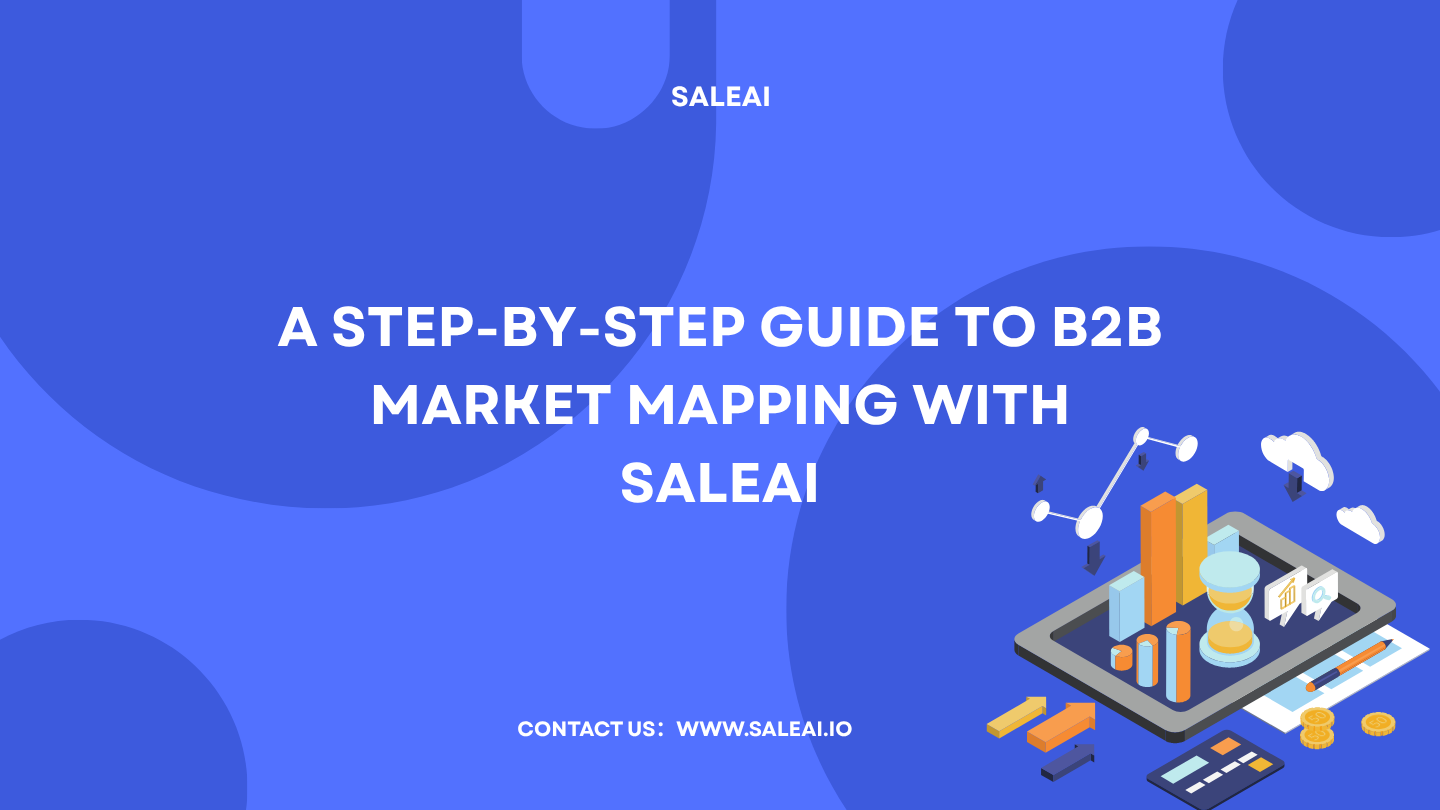
Before you start outreach or develop a sales plan, you need to understand the market you're entering.
That means answering questions like:
-
Which countries are importing my product the most?
-
What types of companies are buying?
-
Who are the biggest importers?
-
Are there seasonal patterns or growth regions?
This process is calledmarket mapping—and with the right tools, it can be done in hours instead of weeks.
Here’s a structured approach usingSaleAI.
Step 1: Define Your Market Scope
Start by clearly stating the product or product category you're targeting. Use both natural language and HS codes if available.
In SaleAI:
-
Enter product keyword (e.g., LED light bar) or HS code
-
Select trade direction (import/export)
-
Set target date range (12–24 months)
This defines the outer boundaries of your market map.
Step 2: Identify High-Volume Countries and Regions
Use the regional distribution data to:
-
Rank countries by import volume
-
Compare year-over-year growth
-
Spot upcoming or emerging markets
SaleAIprovides this through:
-
Interactive trade trend visualizations
-
Top importing country tables
-
Historical volume comparisons
From here, select 3 to 5 priority countries for deeper mapping.
Step 3: Segment Companies by Type and Trade Behavior
Not all buyers are equal. Segment them by:
-
Size (volume, transaction frequency)
-
Type (distributor, factory, end-user)
-
Behavior (seasonal, recurring, new)
InSaleAI, filter importers using transaction history. Use Automated Business Data to enrich unknown companies with:
-
Industry tags
-
Company size estimates
-
Domain validation results
This creates meaningful clusters within your market.
Step 4: Extract Decision Maker Data
Once the company-level map is ready, you need contacts inside.
Use EnterpriseScope to locate:
-
Procurement heads
-
General managers
-
Technical buyers
-
Country managers
You can filter by role, country, and product keyword, and export results into a contact list with email and job title.
This adds a human layer to the structural map.
Step 5: Generate Reports and Outreach Assets
Based on your map, generate:
-
A country-by-country import summary
-
Lists of top 10 buyers per region
-
Market share visuals
-
Buyer persona clusters
-
Targeted outreach email segments
SaleAI allows you to download structured CSV data, extract insights, and combine with your internal templates.
Application Example
You’re launching a new water filtration system for export.
-
You map import data across Asia using HS code
-
Identify India, Vietnam, and Indonesia as top buyers
-
Segment buyers into wholesalers and engineering firms
-
Locate key contacts at 42 target companies
-
Prepare outreach email sequences by region
This becomes a complete data-backed market entry plan, not a shot in the dark.
Summary
B2B market mapping doesn’t require expensive research firms. With the right tools, you can do it internally—with better control and real-time data.
SaleAI helps you map out where to sell, who to sell to, and how to reach them—step by step.
Explore SaleAI’s TradeLink and contact discovery tools now:




